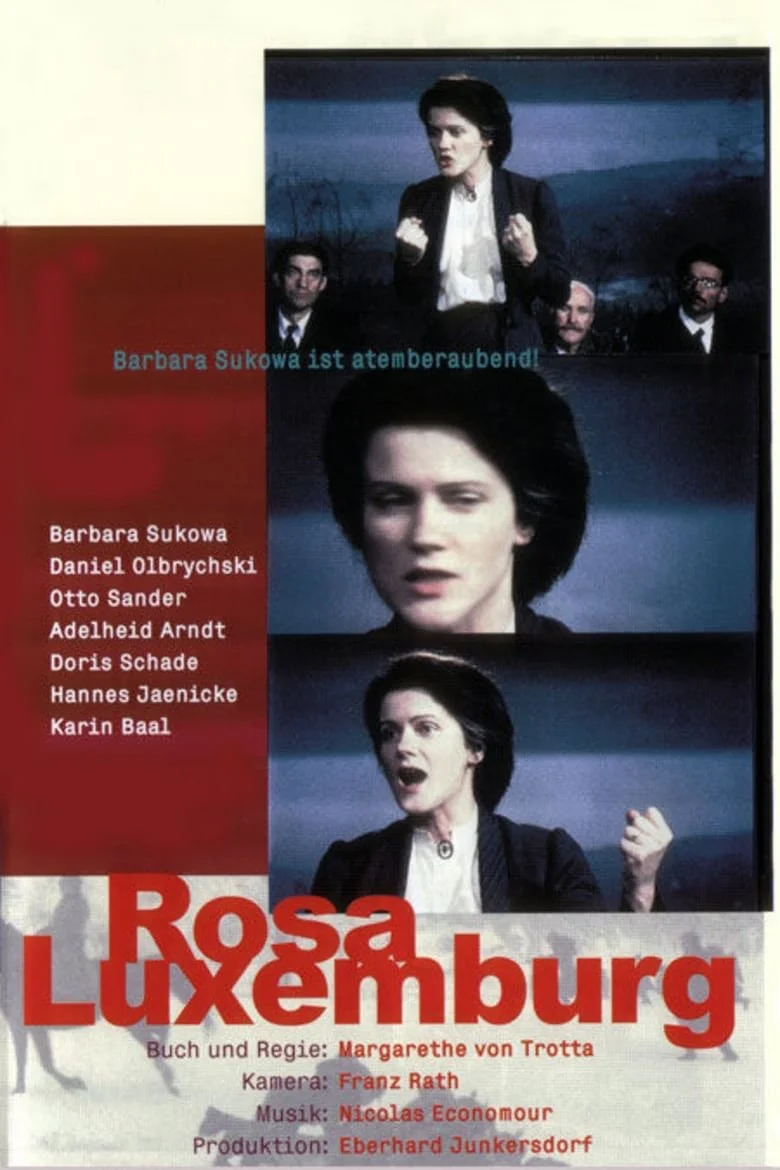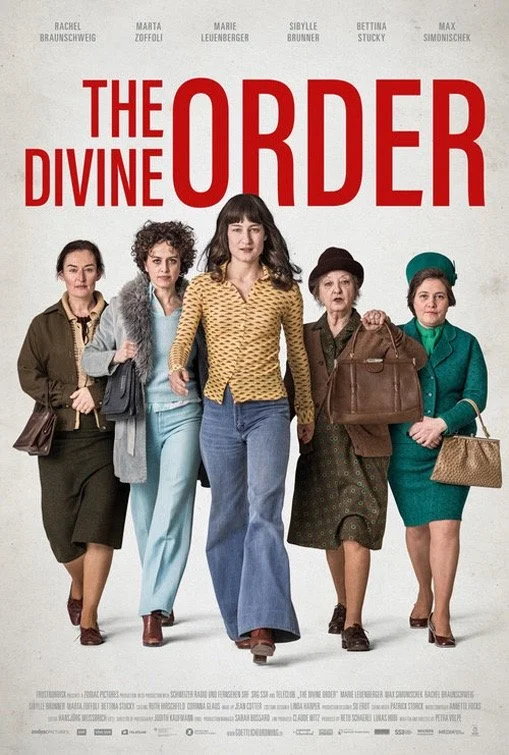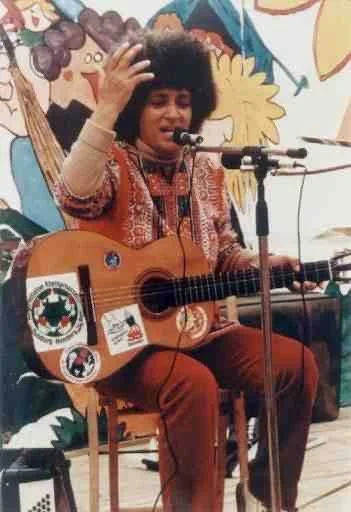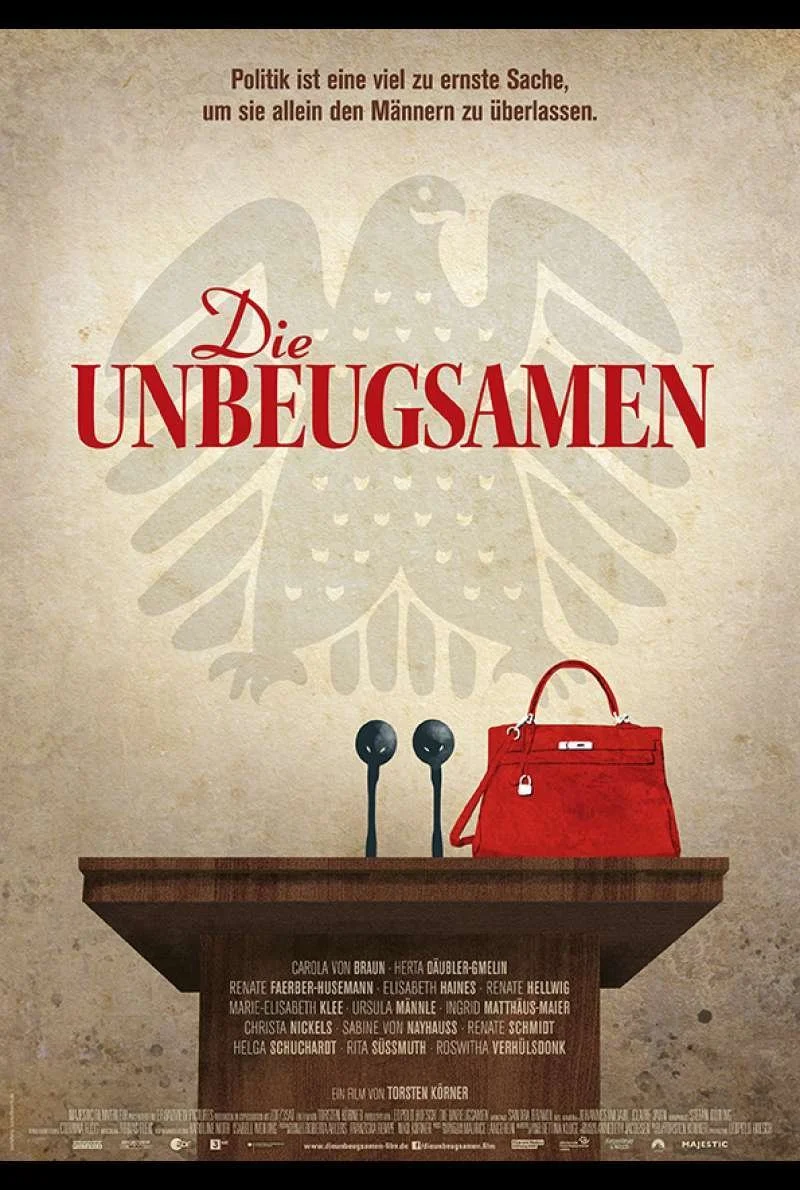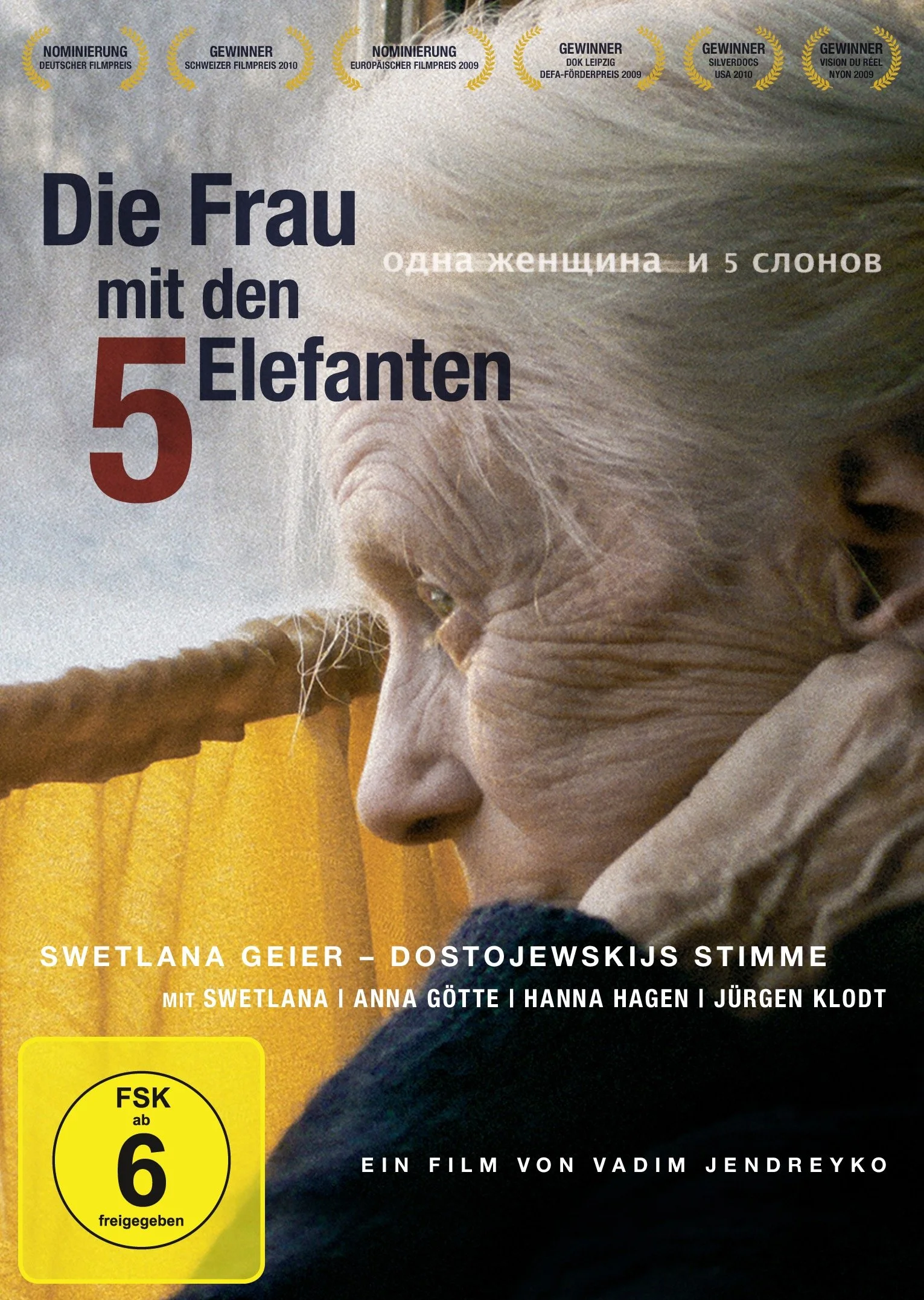- Activism
- Animation
- Asylum
- Austria
- Berlin
- Black Germans
- Childhood
- Cologne
- Colonialism
- Comedy
- DDR
- Documentary
- East/West Germany
- Environment
- Food
- Hamburg
- Health
- Holocaust
- Immigration
- Intergenerational Families
- Jewish
- Judicial system
- Lesbian/Gay
- Lübeck
- Munich
- National Socialism
- Politics
- Pomerania
- Racism
- Religion
- Sexism
- Short films
- Stuttgart
- Switzerland
- Twins
- Weimar Republic
Rosa Luxemburg
Polish socialist and Marxist Rosa Luxemburg dreams about revolution during the era of German Wilhelminism. While Luxemburg campaigns relentlessly for her beliefs, getting repeatedly imprisoned in Germany as well as in Poland, she spars with lovers and comrades until Luxemburg is assassinated by Freikorps for her leadership in the Spartacist uprising after World War I in 1919.
The Lost Honor of Katharina Blum
When Katharina Blum spends the night with an alleged terrorist, her quiet, ordered life falls into ruins. Suddenly a suspect, Katharina is subject to a vicious smear campaign by the police and a ruthless tabloid journalist, testing the limits of her dignity and her sanity.
The Divine Order
The Divine Order (German: Die göttliche Ordnung) is a 2017 Swiss comedy-drama film directed by Petra Volpe. It was selected as the Swiss entry for the Best Foreign Language Film at the 90th Academy Awards, but it was not nominated.
The film centres on Nora Ruckstuhl, a housewife and mother in a small village. She publicly advocates for women’s suffrage in Switzerland to be voted on in a 1971 referendum. In the early 1970s as black power, women’s liberation and the sexual revolution are overtaking America, Nora Ruckstuhl is a housewife living in a small Swiss farming village where she lives with her husband, Hans, their two sons, and her father-in-law. When Nora suggests that she might like to go back to work as she is bored of housework her husband suggests that they have another child.
Fasia Jansen – Eine deutsche Biographie
Die uneheliche Tochter des liberianischen Generalkonsuls Momulu Massaquoi und des deutschen Zimmermädchens Elli Jansen erlebte schon früh Hänseleien und Ausgrenzung auf Grund ihrer Hautfarbe als auch auf Grund ihrer unehelichen Geburt. Die in einem Hamburger Arbeiterviertel aufgewachsene Jansen durchlebte in der Zeit des Nationalsozialismus die Probleme eines offensichtlich „nichtarischen“ Menschen.
Marianne and Juliane | Die bleierne Zeit
The screenplay is a fictionalized account of the true lives of Christiane and Gudrun Ensslin. Gudrun, a member of The Red Army Faction, was found dead in her prison cell in Stammheim in 1977. In the film, Von Trotta depicts the two sisters Juliane (Christine) and Marianne (Gudrun) through their friendship and journey to understanding each other. Marianne and Juliane was von Trotta’s third film and solidified her position as a director of the New German Cinema.
Die 4. Revolution
We know that we can do something. Sun, wind, hydro and geothermal energy are natural sources accessible to everyone all over the world without making any difference. And they are renewable, free and available in the long run. Only the widespread knowledge about the possibilities of renewable energy can ignite an international movement and take the absolutely necessary energy transition. We need a quickly enlightening medium that conveys this knowledge comprehensibly and compactly.
Der Fall Collini
“Courtroom drama meets political thriller worthy of John Grisham in this explosive, spellbinding story about a young lawyer who comes across one of the biggest judicial scandals in German history and a truth that nobody wants to face. Fabrizio Collini (legendary Italian actor Franco Nero) is recently retired. He’s a quiet, unassuming man with no indication that he’s capable of hurting anyone. And yet, he brutally murders a prominent industrialist in one of Berlin’s most exclusive hotels.
Das Kaninchen bin ich
The Rabbit Is Me was made in 1965 to encourage discussion of the democratization of East German society. In it, a young student has an affair with a judge who once sentenced her brother for political reasons; she eventually confronts him with his opportunism and hypocrisy. It is a sardonic portrayal of the German Democratic Republic’s judicial system and its social implications. The film was banned by officials as an anti-socialist, pessimistic and revisionist attack on the state. It henceforth lent its name to all the banned films of 1965, which became known as the “Rabbit Films.” After its release in 1990, The Rabbit Is Me earned critical praise as one of the most important and courageous works ever made in East Germany.
Die Unbeugsamen
Die Unbeugsamen tells the story of the women in the Bonn Republic, who literally had to fight for their participation in the democratic decision-making processes against men obsessed with success and drunk on office like real pioneers. Fearless, ambitious and with infinite patience, they pursued their path and defied prejudice and sexual discrimination. Politicians from back then have their say today. Her memories are at once funny and bitter, absurd and at times frighteningly topical. Intertwined with partially unseen archive excerpts, the documentary filmmaker and journalist Torsten Körner (Angela Merkel - The Unexpected) has succeeded in creating an emotionally moving chronicle of West German politics from the 1950s to reunification. The images he found unfold with such force that the cinema can be rediscovered as a place of political self-assurance. An insightful contemporary document that makes an unmistakable contribution to the current discussion.
Die Frau mit 5 Elefanten
Swetlana Geier is considered the greatest translator of Russian literature into German. Her new translations of Dostoyevsky’s five great novels, known as the “five elephants,” are her life’s work and literary milestones. “The concept of transportation is not an adequate metaphor for translation. It is not transportation, since the luggage never arrives. I’ve always been interested in the losses. By what always has to be left outside that which has been newly created, the translation.”


